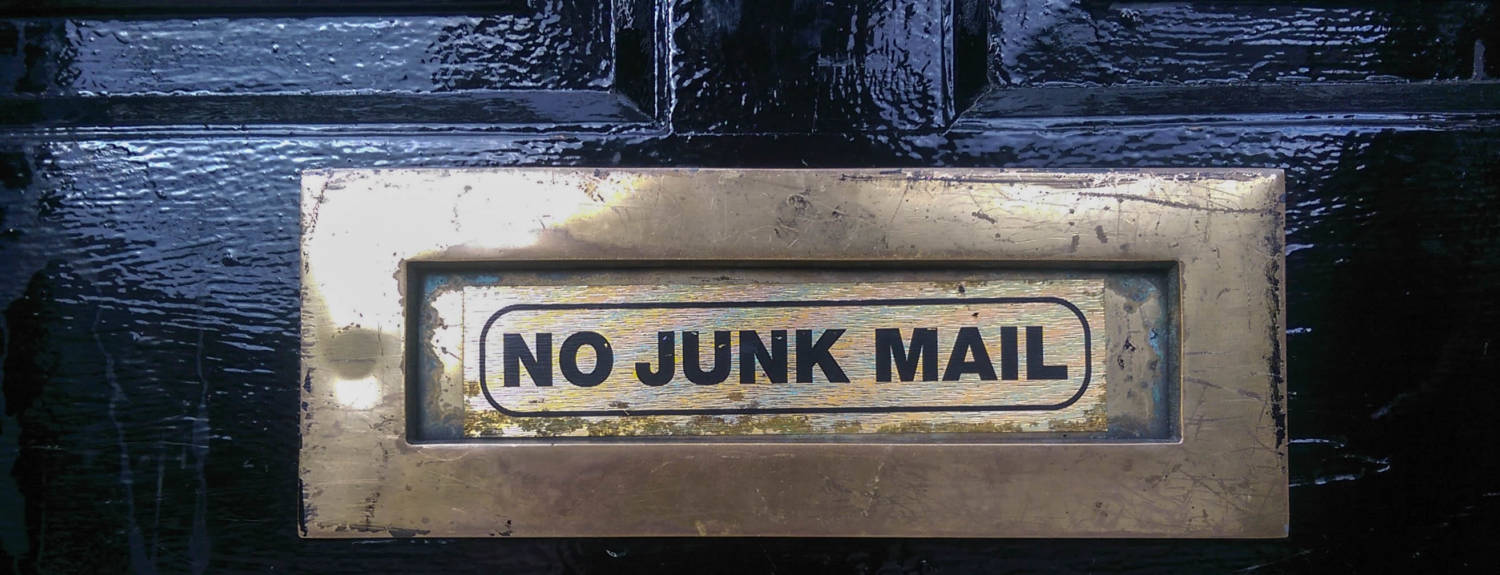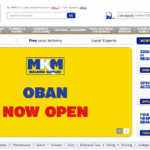
If you have a website then you most likely have a form, usually on the contact page. Do they work?
Analytics companies live and die using forms, they can gleam data and monitor trends. Insurers and price comparison websites for example will ask you to complete a paged form, ie: page one = name, telephone no. email… page 2 = requirement or reason for your enquiry, then pages thereafter go into more detail.
It’s well know within the marketing trade that most folk give up after the first page when they see the data required so they delete the site. However, the page one information goes to the call centre as they know they will be more successful with a call than a form.
That’s OK for the big insurers or holiday companies but are they a waste of time for small business owners.
Pros
- A form is another option for a potential customer to leave a message
- You can force questions to be answered using the ‘required’ comment and embedded ‘force’ coding
- You can archive the information for marketing (but be careful of GDPR)
- Some users prefer to leave a ‘call me back’ form message in a form especially B2B enquiries
- Extended forms can be used to gather detailed information for research, especially in membership websites.
Cons
- In general, not popular with potential customers
- Not trusted even with GDPR protection
- Spammers love them and use ‘robots’ to populate the form fields
- Form emails can end up in spam, you might lose them in your junk mail folder
- Not as easy to use on a mobile device
In conclusion
If a form on your website is increasing unwanted spam traffic and taking up your time deleting them every day, you can probably survive with the standard telephone numbers and email link. Junk is annoying, a daily chore that if reduced makes you day easier.
As an experiments here at OHM we removed all forms that go to our email accounts and reduced unwanted messages by about 70%. There is a concern that we might lose an enquiry but is it a big risk compared with the hours in a year we can save?


 Previous Post
Previous Post Next Post
Next Post